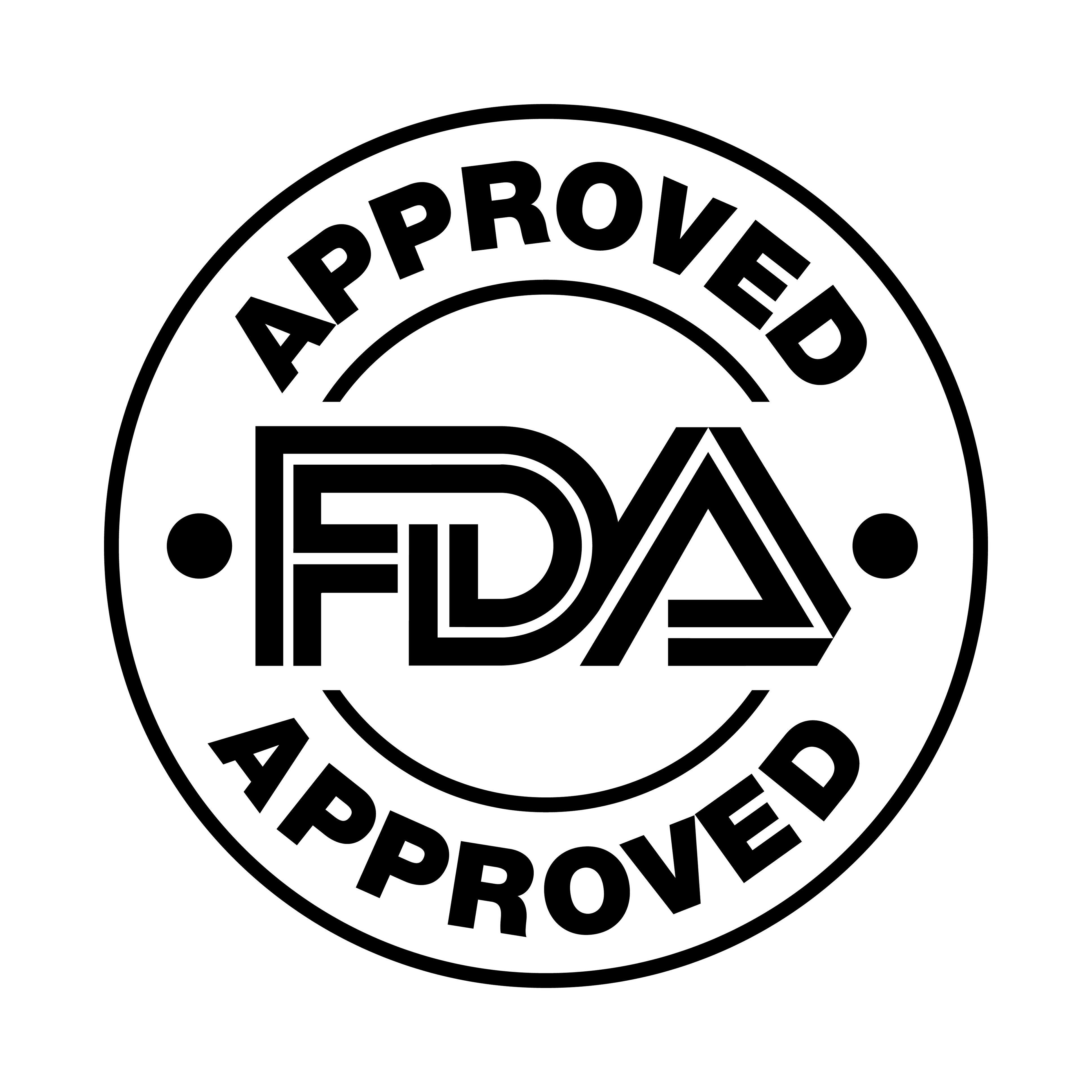FDA approves maralixibat to treat cholestatic pruritus in PFIC patients 5 years and up
FDA approves maralixibat to treat cholestatic pruritus in PFIC patients 5 years and up | Image Credit: © Calin - © Calin - stock.adobe.com.

The FDA has approved maralixibat (LIVMARLI; Mirum Pharmaceuticals) oral solution for the treatment of cholestatic pruritus in patients with progressive familial intrahepatic cholestasis (PFIC) who are aged 5 years and older.1
"Maralixibat approval for infants with PFIC as young as 5 years of age [will] offer a potential treatment for pruritus in those who may not have responded adequately to other medications including antihistamines, cholestyramine, and rifampin," said Paula Hertel, MD, staff physician, Texas Children's Hospital; assistant professor, Pediatrics, Baylor College of Medicine.
"Itch can make children completely miserable, including during infancy, significantly impairing quality of life for patients and their parents."
The supplemental New Drug Application (sNDA) submission and subsequent approval of the ileal bile acid transporter (IBAT) is based on data from the phase 3 MARCH PFIC study of maralixibat that featured 93 patients across a range of genetic PFIC subtypes (PFIC1, PFIC2, PFIC3, PFIC4, PFIC6 and unidentified mutational status).2
"We can reduce levels of circulating bile acids by impairing their reabsorption in the small intestine, and this has been shown to alleviate pruritus," said Hertel. "Biliary diversion surgery is one way to divert bile acids away from the ileum, preventing their reabsorption and lowering levels in the serum. This procedure is a well-established and effective treatment for pruritus in some types of PFIC. [Apical sodium-dependent bile acid transporters] (ASBT) inhibitors such as maralixibat medically accomplish the same goal, by impairing bile acid reabsorption in the small bowel and reducing serum bile acid levels and itch."
Patients treated with maralixibat had statistically significant improvements in pruritus ( P < .0001), serum bile acids (P < .0001), bilirubin (P < .0471), and growth measured by weight z-score (P = .0391).2
The sNDA included data from the phase 2 INDIGO study of PFIC2 patients that demonstrated transplant-free survival in all serum bile acid responders after more than 5 years of treatment with maralixibat.2
"I think the data supporting the use of of maralixibat in patients with with PFIC is very strong, and it could be an important medication that we can use for treatment of these patients," Saeed Mohammad, MD, MS, associate professor of Pediatrics, Pediatric Gastroenterology, Hepatology, and Nurtrition, Vanderbilt University Medical Center, Nashville, Tennessee, told our sister publication, HCPLive.3
"Until the IBAT inhibitors came into play, we did not have any good medications for pruritis, and many of these patients eventually required a transplant," added Mohammad. "The main indication for that was quality of life, which is directly associated with pruritis. The number of patients is small, but I think their burden is pretty high. The advent of IBAT inhibitors has changed the way that we treat these patients.”
"Maralixibat, and ASBT inhibitors in general, are a novel treatment for pruritus in patients with PFIC. These medications are generally well-tolerated (loose stools and abdominal pain are the most common side effects, although elevated liver enzymes and/or fat soluble vitamin deficiencies may occur and should be monitored for, as well)," Hertel told Contemporary Pediatrics.
"They may work well in cases when other anti-pruritus medications haven’t been effective, and may render biliary diversion surgery unnecessary in some cases. They may be more palatable than cholestyramine, and can obviate the long-term use of antibiotics (rifampin). It is too early to know if they may slow progression of liver disease / fibrosis as occurs following biliary diversion surgery in some cases," said Hertel.
The orally-administered IBAT inhibitor was previously approved by the FDA to treat cholestatic pruritus in patients with Alagille syndrome (ALGS) aged 1 year and older.2
References:
1. Mirum Pharmaceuticals’ LIVMARLI Receives FDA Approval for Treatment of Cholestatic Pruritus in Patients with Progressive Familial Intrahepatic Cholestasis. Mirum Pharmaceuticals. Press release. March 13, 2024.
https://www.businesswire.com/news/home/20240313135184/en/Mirum-Pharmaceuticals%E2%80%99-LIVMARLI-Receives-FDA-Approval-for-Treatment-of-Cholestatic-Pruritus-in-Patients-with-Progressive-Familial-Intrahepatic-Cholestasis
2. Mirum Pharmaceuticals submits supplemental New Drug Application to FDA for LIVMARLI in patients with cholestatic pruritus in progressive familial intrahepatic cholestasis. Mirum Pharmaceuticals. Press release. February 14. 2023. https://www.businesswire.com/news/home/20230214005406/en/Mirum-Pharmaceuticals-Submits-Supplemental-New-Drug-Application-to-FDA-for-LIVMARLI-in-Patients-with-Cholestatic-Pruritus-in-Progressive-Familial-Intrahepatic-Cholestasis
3. Brooks, A. FDA Approval of Maralixibat for PFIC Adds to ‘Groundbreaking’ Use of IBAT Inhibitors. HCPLive. https://www.hcplive.com/view/fda-approval-of-maralixibat-for-pfic-adds-to-groundbreaking-use-of-ibat-inhibitors